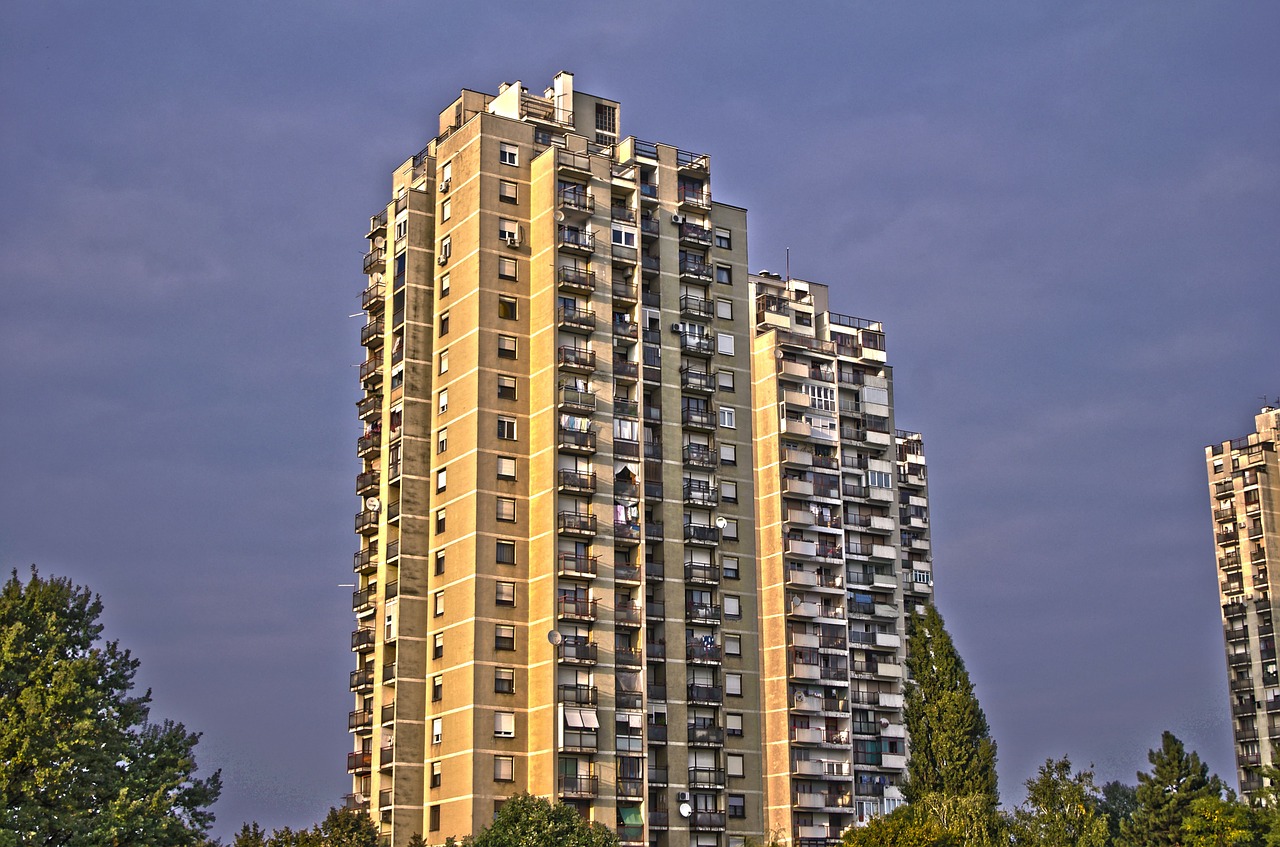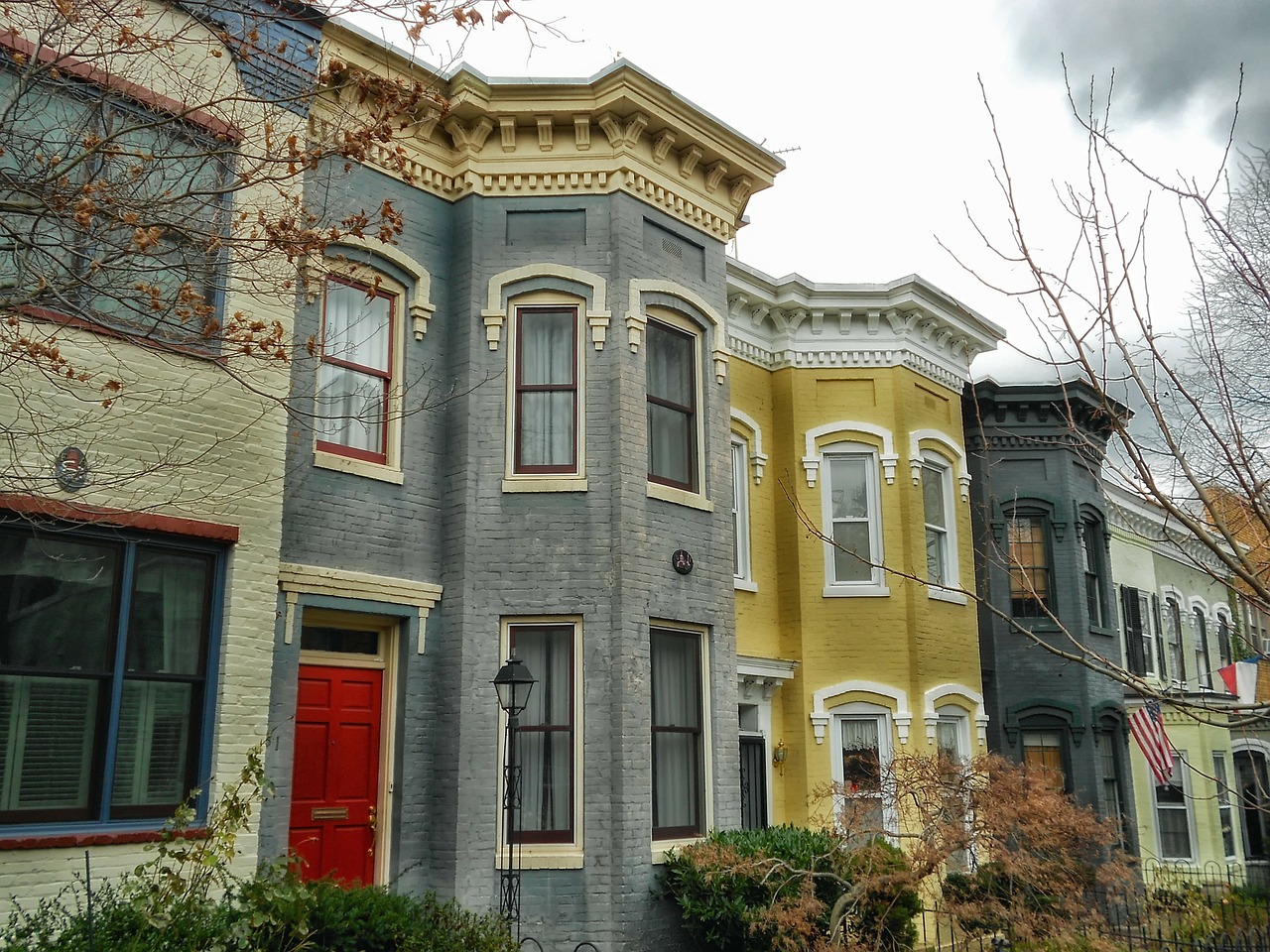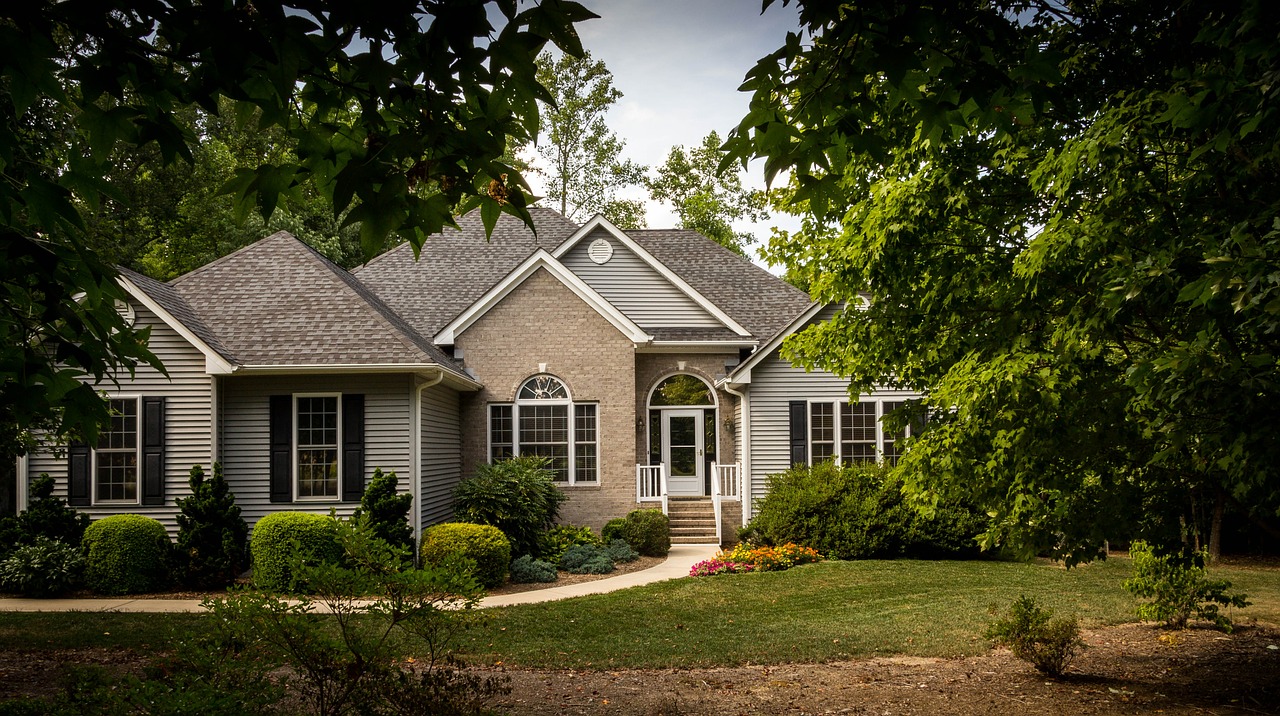For many homebuyers, picking the right type of property can be difficult. You may know what aspects of a home are most important to you, but since becoming a homeowner can mean a big commitment, you want to select something that suits your needs in the long-term. With so many different property types to choose from, looking at the perks and pitfalls of each can help you to decide which one is right for you and your lifestyle, as well as your budget.
If you’re looking to buy, but aren’t quite sure what, take a look below to see what each kind of home has to offer.
Condo:
Condos are separate liv ing spaces that make up a larger building. Many units are stacked on top of and beside each other, similar to an apartment building, referred to as a condominium.
ing spaces that make up a larger building. Many units are stacked on top of and beside each other, similar to an apartment building, referred to as a condominium.
Perks:
Condos are low-maintenance living spaces. You don’t have to worry about shoveling, mowing, or caring for the exterior. The building itself is maintained by a condo board that ensures everything is up to code and looked after. This makes condos a good choice for anyone who doesn’t have the time or ambition to tend to these tasks.
Condo buildings are almost always built in high-traffic urban areas, allowing you to access amenities such as shopping, public transit, and workplaces with ease. If you are a busy bee and you love the bustle of city life, a well-placed condo may just be the right choice.
Safety can be a big concern when living in an urban area, and since condo buildings are only accessible with a key to the front door as well as to your condo, they can be much safer than detached homes. Of course, there are no guarantees, but aside from a number of locked entrances, you also have the value of living amongst other people.
Some condo buildings also feature gyms, pools, and utility perks. These can only be accessed by inhabitants, so you don’t have to share them with the public. Some buildings also have contracts with service providers and pass the discounts on to you.
While some condos can be particularly pricey, they generally tend to be less costly than detached homes. It’s a good option for anyone who wants to own a home without the hefty price tag.
Pitfalls:
Because condo buildings need to be maintained, and maintenance costs money, you do have to pay condo fees. These fees can vary greatly between buildings and what they cover can be any number of things. These fees are not included in your mortgage and will need to be paid separately each month.
Space may be an issue in many condos as they can be fairly small and you cannot add to them. In detached homes you always have the option to add a room, garage, or shed, but in terms of square footage, what you see is what you get in a condo. You also won’t have a yard to barbecue or garden in.
When you want to do renovations inside of your home, you’ll likely have to take your plans to the condo board and meet certain standards and requirements in order for your renovations to be approved.
Townhouse:
Townhouses are basically row houses, and can either be attached or semi-detached. They can be found in most cities and suburbs, and allow many families to live side-by-side.
are basically row houses, and can either be attached or semi-detached. They can be found in most cities and suburbs, and allow many families to live side-by-side.
Perks:
Townhomes are more spacious than condos, and most often have at least two floors. They are more practical for families with children or pets as they allow for more private living space.
Townhouses require a little more maintenance than condos as they usually include at the very least a small back yard, and many are fenced. This gives you a little piece of your own outdoor privacy to barbecue, play with the kids, or relax with a cup of tea. The space is usually small enough that mowing or shoveling aren’t that much of a chore, and some townhouse complexes even include yard maintenance.
Usually found in suburban areas, townhomes are close to amenities, but away from the bright city lights and busy streets. They’re excellent for people with young families who are just starting out, as they’re in close range to whatever you may need.
They can be less pricey than a home while still meeting a lot of your wants, especially if you are a first-time buyer.
Pitfalls:
While townhouses may offer some outdoor space, it isn’t always very much. For those who have big dogs, rambunctious kids, or who dream of a quiet evening on the deck looking at the stars, a townhome may not fit your needs.
Just as with condos, townhome renovations and modifications, especially to the exterior, need to be approved before you make any changes. Most townhouse complexes want to have a cohesive look, so while you may want to paint your front door bright pink, you’ll need to get the go-ahead before heading to the hardware store.
Unless you live on one end of the row, you’ll still be sharing two walls with other families. This means that you’ll probably be able to hear them living their lives, and they yours. You’ll have to be mindful when listening to your favorite band or watching your preferred sports team to make sure that you don’t cause a disturbance to those living around you.
Most townhomes will also require fees to cover maintenance. This can mean yard work, or improvements to the buildings. Like condos, these fees will vary.
Mobile:
 Mobile homes seem to have a bad rap, but they can actually be a great choice for many different living situations. A mobile home is a detached unit that is similar in square footage to a condo or small townhome. They are one level dwellings with no basements or attics, and are raised off of the ground using blocking.
Mobile homes seem to have a bad rap, but they can actually be a great choice for many different living situations. A mobile home is a detached unit that is similar in square footage to a condo or small townhome. They are one level dwellings with no basements or attics, and are raised off of the ground using blocking.
Perks:
First of all, mobile homes are completely detached, meaning you don’t have to share walls, floors, or ceilings with anyone else. Your space will be your own, and you don’t have to worry about noisy neighbors.
Many mobile homes within mobile home communities are privately maintained, meaning any snow removal, paving, or landscaping is paid for by whoever owns the land. Because of this, snow is often plowed quickly, roads are well-maintained, and vacant properties are seen to. No more waiting for the city plow to come along hours, or even days, after a heavy snowfall.
Depending on your lot, you’ll likely be able to choose what size yard you would like. If you’re providing your own land, you’ll have all of it to yourself. If you’re moving a new mobile home onto a community lot, you’ll be allowed to choose from available lots to find one that works for you. You’ll also be able to have a shed, garage, or patio, depending on community’s leasing guidelines.
Mobile homes are one of the cheapest options when buying a home, and in some ways, you can get many benefits that you don’t with other options, depending on if you buy new or not.
Pitfalls:
While you own the mobile home itself, if it’s located within a mobile home community, you won’t own the land. You’ll have to pay a monthly fee to rent the property from the owner, and you’ll still be responsible for your property taxes.
They can be quite small when compared to other properties, and there’s no option for an open-concept space. Mobile homes are one floor only. They don’t have basements, attics, or second-levels. This can mean less storage space as well as less living space.
They require a lot of maintenance that other homes don’t. Because mobile homes are set on blocking, they shift with each season. This means when doing renovations or repairs, you have to be mindful that there may be different supplies or options required for a mobile home.
Single-Family:
 A single-family home is a detached house, meaning it is a dwelling built for and used by a single family. These are the usual homes that you think of when you hear the word “house”, and they make up subdivisions and most rural properties.
A single-family home is a detached house, meaning it is a dwelling built for and used by a single family. These are the usual homes that you think of when you hear the word “house”, and they make up subdivisions and most rural properties.
Perks:
Single-family homes can be either spacious or not, allowing you to pick what will work for you and yours. Perhaps you only need a small space, such as a bungalow, or maybe you have a large family and you need plenty of rooms. Either way, single-family homes can meet your preferences.
With a single-family home, you’ll be able to pick your yard size, whether you want a garage, if you’d like a basement or home office, and so much more. Since single-family homes are so popular, there’s at least one out there for just about any requirement you might have.
With a single-family home, you own the property, not just the house. That means that you get a deed for the land, and you don’t pay rent or fees to anyone for making your home there. However, you do have to pay property tax.
Pitfalls:
Because single-family homes are so versatile, they also come with a bigger price tag than most other options. This means higher monthly payments, more interest, and a lot more responsibility.
Mortgages tend to last for many years, so buying a more expensive house means a longer commitment. This can make the process a little more stressful since you’ll have to be fairly sure that you want to live in that area for at least a little while, and that you can meet the payments each month.
All of the maintenance is up to you. That means interior and exterior. Anything that needs fixing is your responsibility, whether it be big or small. That can be a lot of work, especially if you have a large property.
In Conclusion:
Whatever you decide to purchase, make sure that it meets your lifestyle and preferences. Moving into a home that will never make you happy won’t do you any good. Of course, it’s unlikely that you’ll find the perfect house right away, but think about what you really need and what you could do without.
Where you would like to be in the next few years? See if the house you are considering will be the right one for you if you stay on the same path.
Remember, you can always make small changes to your home to make it more fitting. Aesthetics or small wants shouldn’t play a big role in your decision. Look at your goals, your budget, and your family needs to pick out the house that you want to make into a home.
What type of property was your first home, and did it meet your needs? What advice do you have for other first-time buyers?
